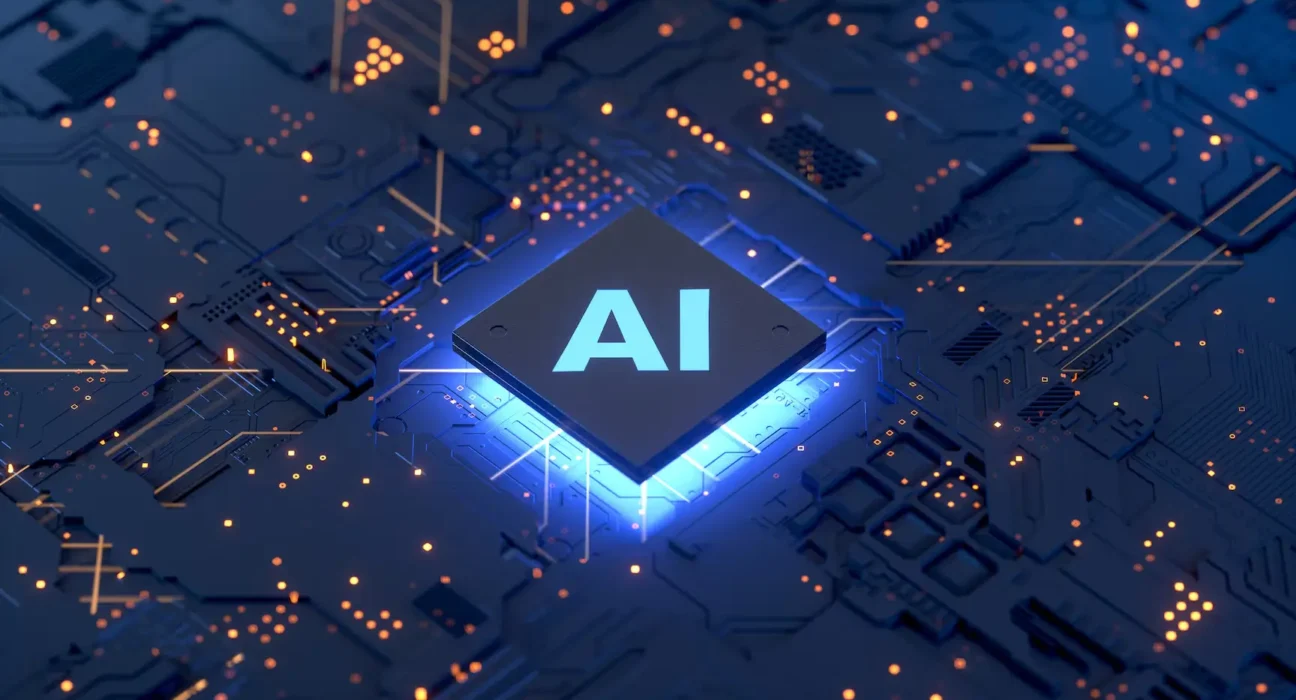Artificial Intelligence (AI) has evolved over the years from a mere thinking machine to an integral part of industries, making and improving people’s lives and creating new potential for opportunity and growth. Nevertheless, with the prospect that AI offers, there are inherent ethical, social, and technical issues that society must confront to create a responsible AI future.
Advancements in AI
The developments of different AI technologies have noted great advancement, especially regarding the emergence of technologies like machine learning, natural language processing, computer vision, and robotics technologies. They have helped AI to handle numerous elaborate activities ranging from the stage of diagnosing diseases or predicting the market to the point of operating automobiles and personalizing customer relations through chatbots.
Use Cases by Industry
Healthcare:
This paper explores how AI is a factor transforming the healthcare industry through diagnosis and treatment and subsequent administrative advancements. Computer vision achieves high accuracy in analyzing medical images; AI-based decision support systems help to forecast disease incidence and patient prognosis.
Finance:
AI improves fraud fighting, trading operations, and banking for customers in the financial business. A particular example is robo-advisors, which offer unique recommendations on investment based on the client’s risk tolerance, reducing the acquisition of financial planning to the commoner.
Manufacturing:
Manufacturing employs AI to automate maintenance, quality assurance, and inventory management processes. AI in smart factories is being used to optimize productivity, reduce the time for repair and maintenance, and reduce waste.
Transportation:
Self-driven car technologies and intelligent transportation systems enhance safety and decrease traffic jams and environmental problems. AI is also central to smart logistics and innovation in supply chain solutions.
Entertainment:
AI can benefit entertainment users by offering preferred choices in videos, games, movies, virtual environments, and digital characters for films and computers.
This article’s ethical and social considerations were its study design and method, which would be discussed later with the inclusion of a control group, the sample’s potential for obligatory participation, and the feasibility of the research.
Ethical and Social Considerations
While AI offers numerous benefits, it also raises critical ethical and social issues:
Bias and Fairness:
Specifically, algorithms can learn and create biases equal to or even greater than those trained within. It can also affect employment and credit opportunities and outcomes, as well as policing and the administration of justice. There should be various data, understandable algorithms, and constant control to ensure fairness.
Privacy Concerns:
AI is usually built on large databases, making users worry about data protection issues. It is equally important to safeguard a person’s personal information and proper usage of AI technologies to gain confidence.
Job Displacement:
The fear exists that some forms of employment may be wiped out from the market through integrated AI because most entail repetitive work processes. As positive as possible, AI intervention may be on some aspects of human lives, but the issue of employment due to skill mismatch calls for a rethink and efforts on how best to train and educate the workforce.
Accountability and Transparency:
The problem of assigning responsibility for outcomes provided by AI is non-trivial, particularly when the AI is embedded in multifaceted or self-operating systems. Guideline and framework: An important aspect of fixing any responsibility is to map out the accountability of AI.
Autonomous Weapons and Security:
They also raised concerns that the emergence of autonomous weapons systems powered by Artificial intelligence will likely increase the chances of accidental escalation of wars. It was seen that certain guidelines need to be set at the international level on the use of AI in the military since they are a part of various global norms, ethical codes, and standards.
Regulation and Governance
Hence, regulation and governance of AI is important as it provides the framework for the right use of AI. There, fore, gove, ornaments, industry, and academe must come together to set precedents, effective practices, and acceptable norms. New technologies, like the European Union’s AI Act, are exhibiting continuous desires to establish a global legal structure that encourages further development while at the same time ensuring safety and ethical considerations.
The Future of AI
AI is yet to grow much more significantly in the future, where the emphasis will be placed on further developing general and explainable AI. Innovations in the works, such as reinforcement learning, quantum computing, and human-AI symbiosis, shall be attributed to the next age of AI growth modalities. Further, the ethical and sociological perspectives and information from cognitive sciences will be useful as various disciplines are key to defining the AI socio-technical landscape.
Conclusion
Tanets and the application of artificial intelligence remain at the forefront of advancement, more so in various endeavors. However, it has strong potential that should be unlocked, but the current system has ethical, social, and technical concerns. Through proper guidelines in the development of AI and with social responsibility integrating transparency, everyone can effectively use AI as a tool for growth while protecting and promoting basic values and welfare.






